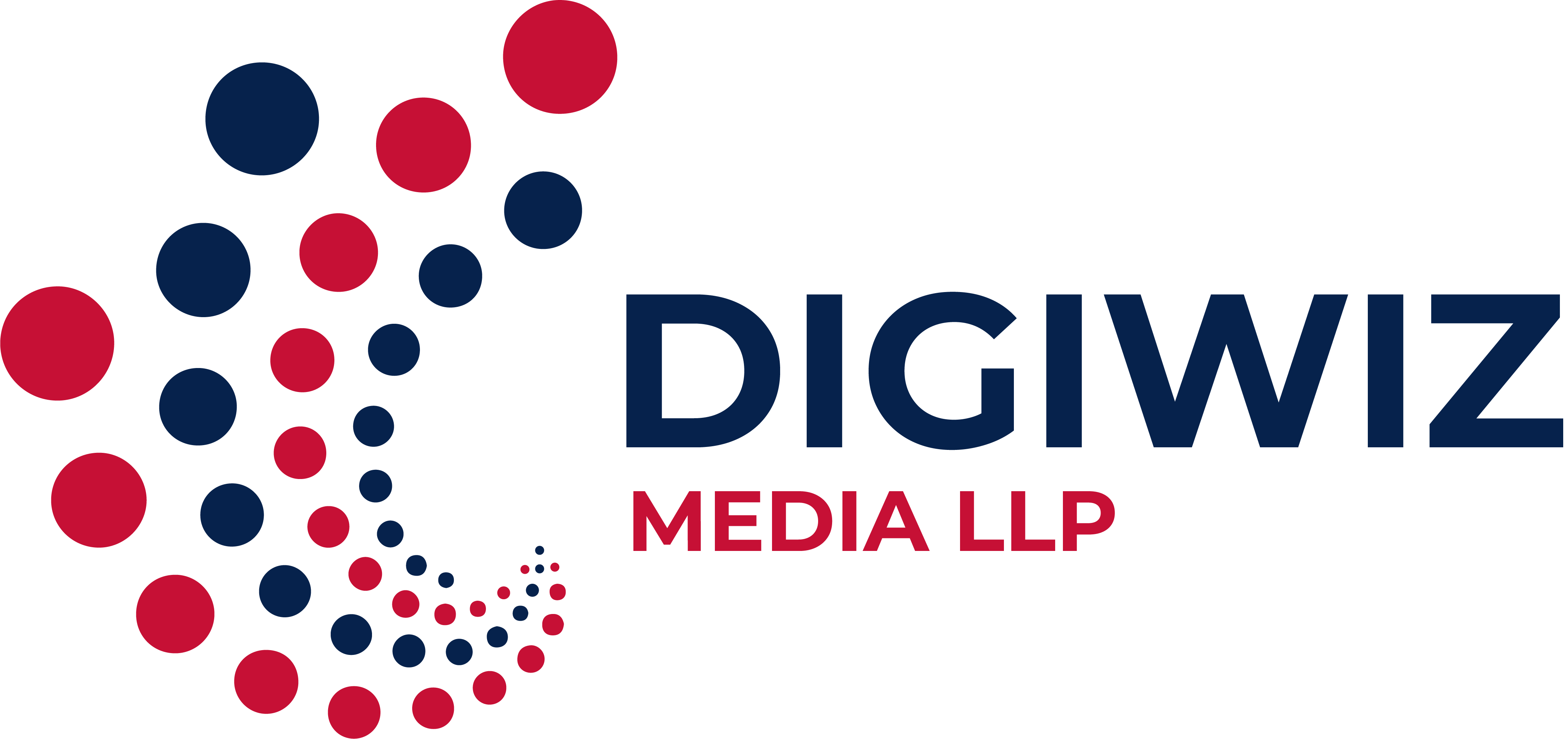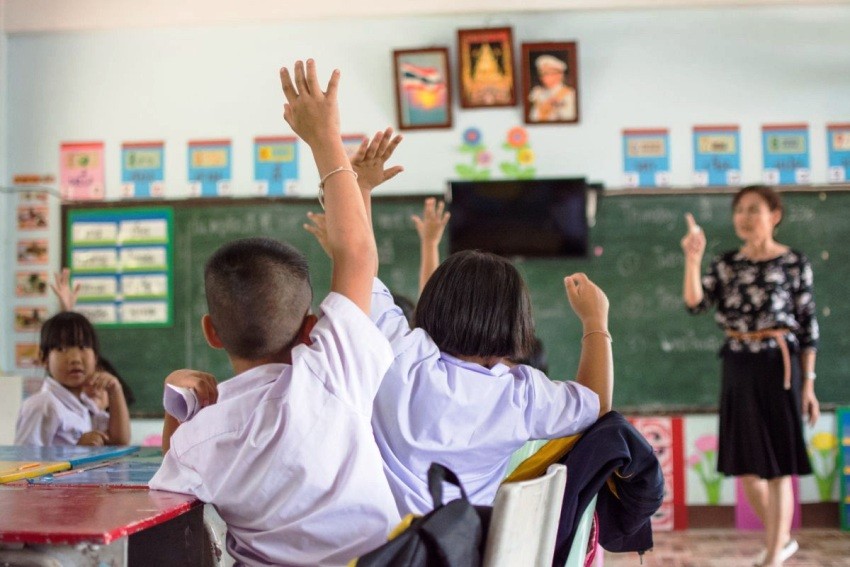About the ICSE Board
The ICSE is an examination administered by the Council for the Indian School Certificate Examinations. CISCE is a private, national school education board headquartered in New Delhi. It was established in 1958 and is affiliated with 2750+ Indian and foreign schools. This board functions per the New Education Policy 2020. The medium of instruction in ICSE-affiliated schools is English.
This board is recognized for its detailed and complex syllabus and also for offering several languages and art-related subjects. Since the medium of instruction is English, the student learns to speak fluently. Great language acquisition makes the students fit for scoring well in exams like IELTS and TOEFL.
The ICSE board values a holistic development of the student’s personality and therefore the curriculum focuses on building a theoretical knowledge base and developing practical skills. The extra-curricular activities offered are plenty and they help provide a healthy balance for students. The board also offers subjects like art education which helps develop and sharpen the students’ visual-spatial skills.
ICSE uses the theme-based learning technique that focuses on each child’s skills and encourages project and experience-based learning. The interactive teaching ensures that the students are involved in the learning process and they identify their potential. Problem-solving is a skill that the board intends to inculcate among the students. The facilities provided by ICSE-affiliated schools are top-notch.
The assessment pattern or evaluation system used by ICSE considers the student’s performance in academics, extracurricular activities, and internal assessments. ICSE is a widely recognized educational board and may therefore provide students an opportunity to study abroad in their dream universities.
Aims and Objectives
· Aims: The creation of unity, friendship, fraternity, honesty, integrity, and competitive spirit within the students of the ICSE board.
· Objectives: promotion of critical thinking and problem-solving abilities, encouragement of creativity, and application-based learning.




